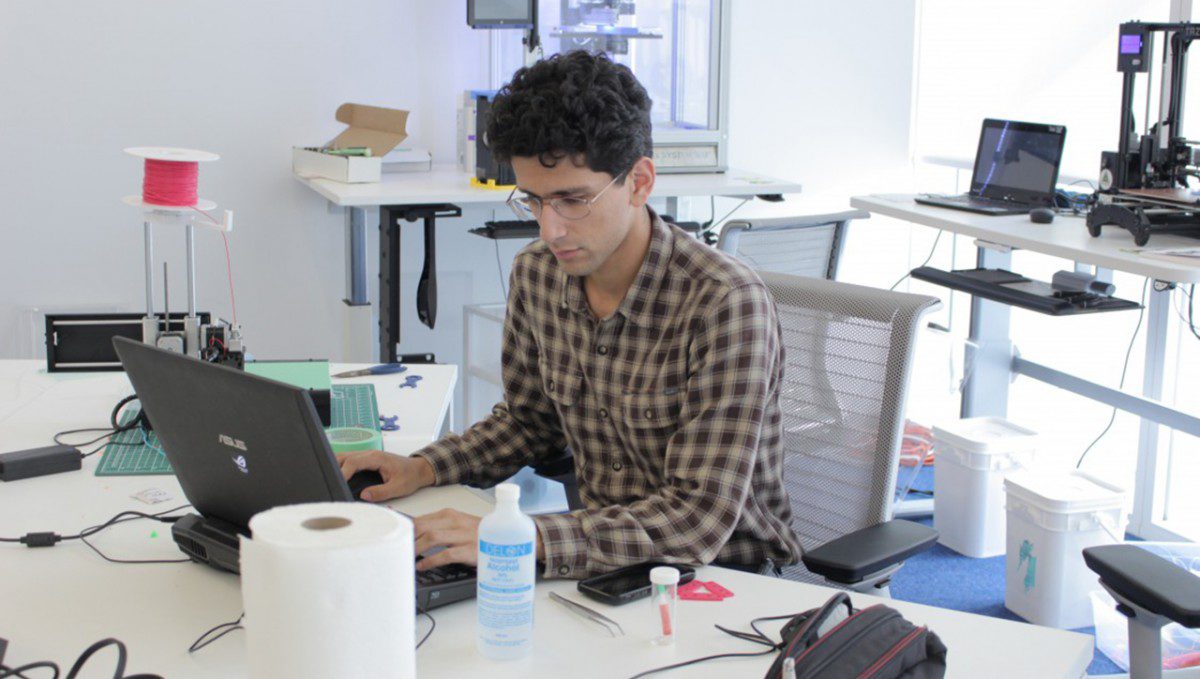
The future of Canadian science: Scientists and students speak out to make science an election issue
By Evan Morrison
When Husain Nizami graduated from Queen’s University with his master’s degree in biology, he was shocked at how difficult it was to find a job. Nizami, now in his second year of mechanical engineering at Ryerson, says he changed fields because of a lack of jobs due to a lack of funding.
“In science, it feels [like] a lot of people are going and getting advanced graduate degrees and your [employability status] depends on what you have published,” said Nizami. “If you are at an institution that is not well funded, which is the case for many institutions in Canada, it’s difficult to generate peer-reviewed articles that will help you get a job.”
Nizami is just one of the many Canadian science graduates struggling to find jobs in their field. Science has become a major election issue for researchers and scientists across Canada as they have criticized the federal government for cuts to funding.
The elimination of over 4,000 science-related jobs, the scrapping of the long-form census in 2010 and the decision to phase out the role of Canada’s national science advisor in 2008 have caused the science community to make science a priority in these elections.
“It’s absolutely stunning and shocking that science has not been a major discussion point amongst any of the parties,” says Imogen Coe, dean of the Faulty of Science at Ryerson. “It’s a terrible thing for a liberal society not to be engaging in those types of discussions.”
Both the Liberal Party and the NDP have promised to reinstate the role of the national science advisor and to stand up for science in parliament.
Science and technology expenditures in Canada by the federal government are expected to decline by 5.4 per cent from the last fiscal year. Federal government spending on science and technology peaked in 2011 and has declined annually since that time.
Funding for science last year amounted to $2.7 billion and is maintained in the 2015 federal government’s budget, but after taking into account inflation and increased competition among graduates, resources have been stretched further for scientists in Canada.
“I have friends that graduated from Ryerson with their master’s and after seven months they couldn’t find a job,” said environmental studies graduate student Brian Hanna. “It seems the only way to get meaningful employment nowadays is to go on and get your PhD after your undergrad because there are no jobs.”
The issue many scientists have with the federal government’s policy towards science funding, is that focus has shifted away from basic fundamental science toward research that is more commercialized. The Tri-Council Agencies, Natural Sciences and Engineering Research Council of Canada and the Social Sciences and Humanities Research Council, and the National Science Foundation, the major source of research funding for post-secondary institutions in Canada, are all geared towards research that is commercialized.
“The emphasis of translational science is misguided,” says Coe. “It moves funding, support and structures away from basic science, which is absolutely essential if we are going to find solutions for the problems we face.”
Students like Nizami have also voiced their concerns over the dramatic shift from fundamental research.
“It doesn’t make sense for the government to be funding something that the industry can make profit [from],” says Nizami. “There’s enough of an incentive to do that kind of research that it will happen on its own. It should be the government’s job to fund that high risk research.”
Michael Arts, a chemistry and biology professor at Ryerson and former government scientist for Environment Canada, says the changes that have happened in federal funding have made pursuing long-term research a difficult task for scientists.
“One of the major differences between federal and academic science in the past was that federal science could be done over long periods of time because you had that stable funding base. Academics are limited to much shorter time now because of much shorter term grants.”
Large cuts to federal funding, Arts explains, decimates opportunities for students to have the luxury to pursue long-term grants.
“Just recently, a Canadian won the Nobel Prize for his work in neutrino research,” says Blake Glasbergen, Discovery Channel visual archivist and science journalist. “Those kind of achievements are only possible when we give money and set up opportunities for future endeavours like that to happen.”
The Conservative government unveiled the Canada First Research Excellence Fund last year, a $1.5 billion sum of money that Canada’s universities and hospitals all want a share of, but Coe explains that it’s just not enough to solve the problem.
“The problems we face are huge,” says Coe. “And it’s going to require science, along with everything else, to solve them.”
Want more on the story? Check out Reporter Evan Morrison’s multimedia website for photos, interviews, and party platforms on the issue.
Check out the video below to get a glimpse into the pressures facing Canadian scientists.